Marie Cocco: King George, Dethroned
As we celebrate our Independence Day, let us thank the Supreme Court for granting us deliverance from the tyranny of a president who tried to fashion himself king.WASHINGTON — He shall no longer be allowed to compile a “history of repeated injuries and usurpations.”
He shall not be free anymore to “render the Military independent of and superior to the Civil Power.” Nor can he continue in his refusal to “Assent to Laws, the most wholesome and necessary for the public good.”
This is the gift the Supreme Court has given the nation as it celebrates Independence Day.
The court has given us back the spirit of the Declaration of Independence and that document’s recounting of “usurpations” by King George III of England — a historic bill of particulars with stunning relevance today. It has affirmed that the president, merely because he is commander in chief, does not possess the powers of a king. Even George W. Bush must live by the enduring rules of democracy — rules he espouses with easy rhetoric but undermines in reality. The court has given us back the Constitution.
However much President Bush has tried to assume the powers of a monarch in the “war on terror,” however much a cowardly Congress has stepped aside to allow this autocratic impulse to flourish, the Supreme Court has drawn the line. We are, in the court’s view, still a nation of laws and not men. The court has now ruled against Bush on some of the broadest and most serious challenges to democracy that this president has managed to devise.
It has said the president cannot detain an American citizen without charge or evidence — as the Bush administration in fact did, until the high court intervened. It has said the detainees at Guantanamo Bay, Cuba — a location the White House selected precisely because the administration’s overreaching legal minds considered it beyond the realm of domestic and international laws — have a right to bring their grievances before American courts.
Now, in its rebuke of the White House scheme for trying Guantanamo prisoners in tribunals that lack the barest protections of either the U.S. military legal system or international law, the court has at last stated the obvious: That even the commander in chief cannot willfully seize such power for himself, not even in wartime.
This is a doctrine that has been affirmed time and again, yet has been so thoroughly disrespected by Bush and his megaphones in the right-wing echo chamber that a common perception has arisen that the president might well be right. But throughout its history, the Supreme Court has rebuffed such presidential power grabs, whether carried out by a Harry Truman or a Richard Nixon. Far from being representatives of those newfangled “activist judges” that some conservatives even now howl about, the justices did what justices do: They followed their own precedents, the Constitution and various laws as they are written, not as the president wills them to be.
Still, the decision on the Guantanamo tribunals is not cause to set off celebratory fireworks with abandon. Most of the approximately 450 detainees never have been charged or brought before a now-discredited tribunal. Their ultimate fate remains unclear.
And ominously, had Chief Justice John Roberts participated in the case, it would probably have been decided by the slim margin of 5 to 4. Roberts had sided with the president when this matter was before a federal appeals court, so he stepped aside during the Supreme Court’s action on it. He appears to be as sympathetic to the sweeping presidential powers Bush claims, as were the dissenters on the right, Justices Antonin Scalia, Clarence Thomas and Samuel Alito. The vote of just one justice separates those who would uphold the Constitution’s careful balance of powers and a court that might, in the future, endorse such a dangerously grandiose view of the presidency.
Now Congress is to be called upon to write new rules for military tribunals that could pass legal muster, though the Supreme Court made it plain that this is unnecessary, since it endorsed existing rules for courts-martial as proper. The legislative process is fraught with potential danger. No doubt Bush will use it to push for a grant of wide presidential power. No doubt he will turn what should be a serious debate into just another opportunity for partisan attack.
Given the closely divided court and the clear chance for congressional mischief, there is one more history lesson to be taken from this Supreme Court: Elections matter.
Your support matters…Independent journalism is under threat and overshadowed by heavily funded mainstream media.
You can help level the playing field. Become a member.
Your tax-deductible contribution keeps us digging beneath the headlines to give you thought-provoking, investigative reporting and analysis that unearths what's really happening- without compromise.
Give today to support our courageous, independent journalists.
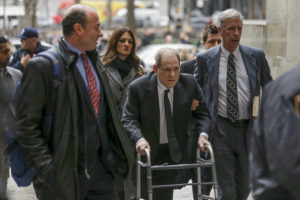
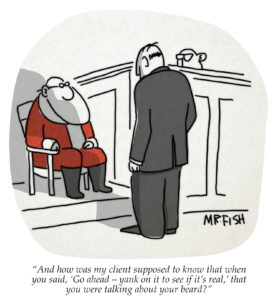
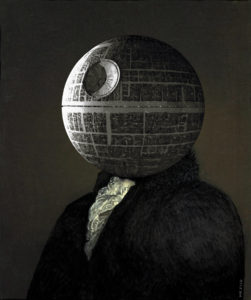
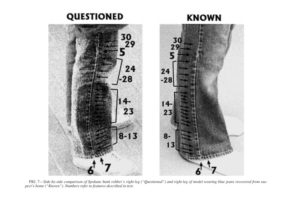
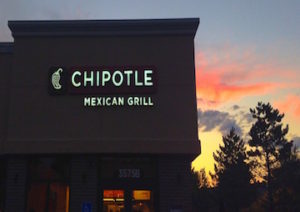
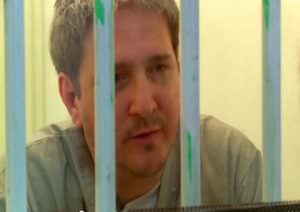
You need to be a supporter to comment.
There are currently no responses to this article.
Be the first to respond.